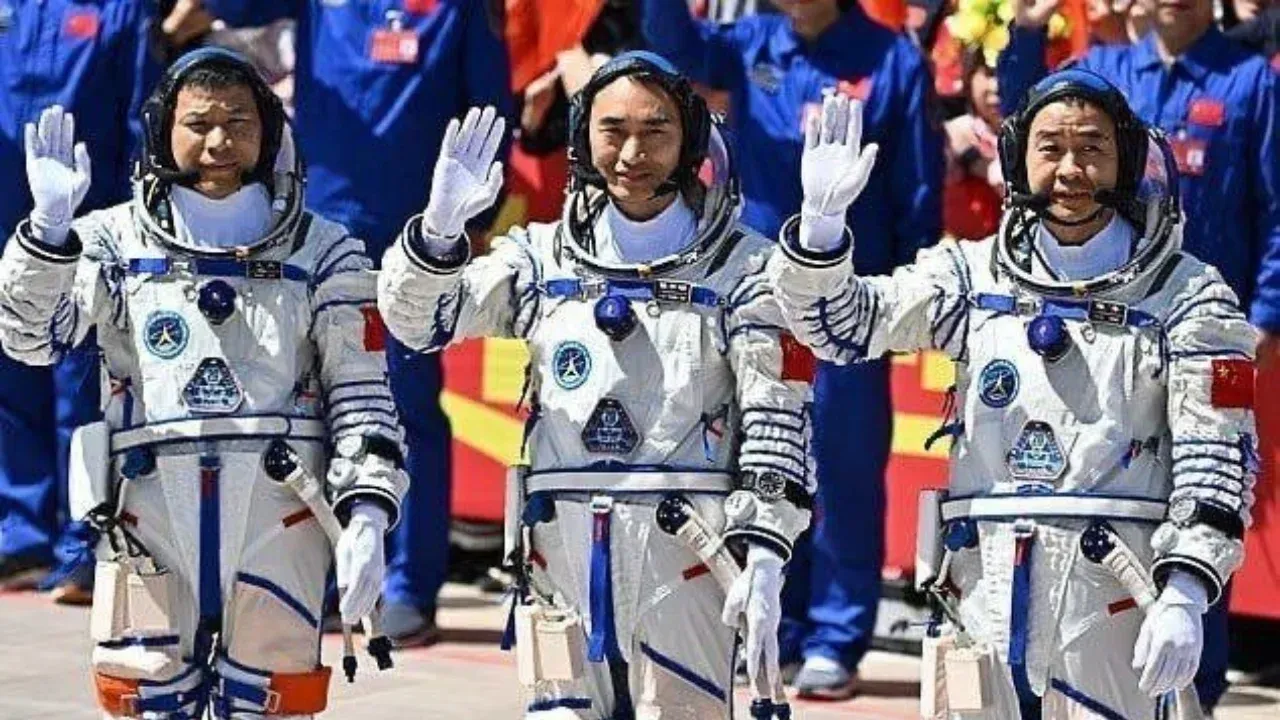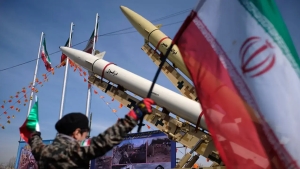The "Shenzhou-21" crew's return to Earth was delayed

The “Shenzhou-21” space crew, part of China's “Tiangong” orbital station, was unable to return to Earth on the scheduled date. This was reported by Zamin.uz.
This was announced by China's human spaceflight program agency (CMSA). The reason given is that microscopic particles of space debris struck the return capsule.
According to the information, the “Shenzhou-21” crew, consisting of three astronauts, was supposed to return to Earth on November 5. However, due to a technical malfunction in the capsule, engineers decided to extend the mission indefinitely after analyzing safety.
So far, no additional information has been provided regarding a specific date for the crew's return or a technical solution. Experts emphasize that although the debris particles are very small, they can cause significant damage to the capsule's structure.
If the material damage is not resolved, according to protocol, the “Shenzhou-20” crew may return to Earth using the backup module of “Shenzhou-21”. Under normal circumstances, missions of the “Shenzhou” program last six months.
During this time, astronauts conduct scientific research on the “Tiangong” orbital station, maintain technical equipment, and carry out space debris disposal operations. On November 1 of this year, the “Shenzhou-21” crew — Zhang Hongjiang, Wu Fei, and Zhang Lu — successfully arrived at the orbital station and began a new scientific mission.
Previously, the “Shenzhou-20” crew — commander Chen Dong, pilot Chen Chunjui, and engineer Wang Jie — started work at the station in April. A technical problem arose as their service period was nearing its end.
Additionally, when the “Shenzhou-21” spacecraft was launched, it carried four mice for scientific experiments. This event represents a serious test in the history of China's space programs and indicates that the country needs to work more on safety measures in the future.
China plans to send astronauts to the Moon by 2030 and continues its activities in this direction.







